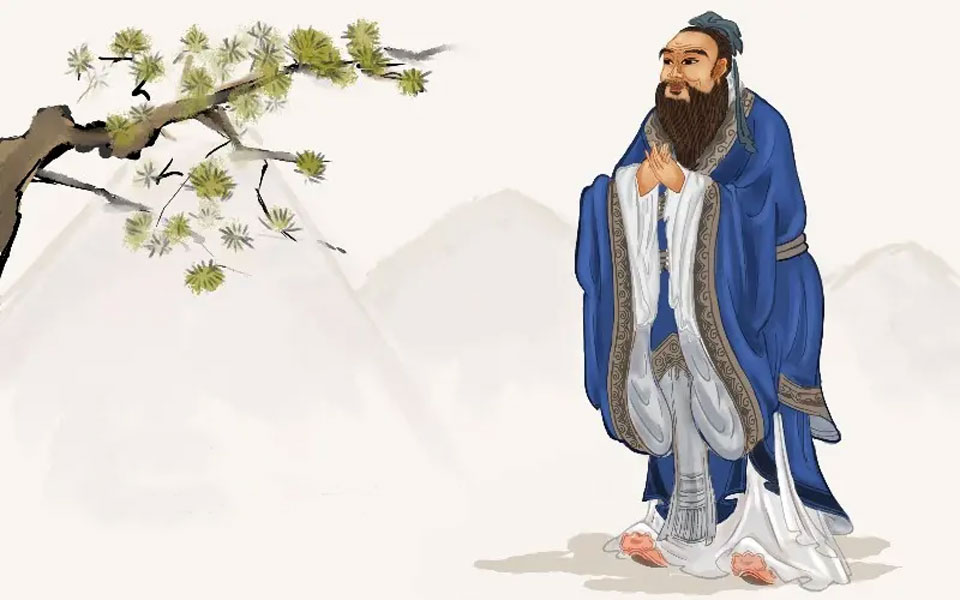
Click on the play button to listen to the audio version.
A farmer and his son had a beloved stallion who helped the family earn a living. One day, the horse ran away and their neighbors said “Your horse ran away, what terrible luck!”. The farmer replied, “Maybe so, maybe not. We’ll see.”
A few days later the horse returned home, leading a few wild mares back to the farm as well. The neighbors shouted out “Your horse has returned and brought several horses home with him. What great luck!” and the farmer replied “Maybe so, maybe not. We’ll see.”
Later in the week, the farmer’s son was trying to break one of the mares and she threw him to the ground, breaking his leg. The villagers cried “Your son broke his leg, what terrible luck!”. The farmer replied, “Maybe so, maybe not. We’ll see.”
A few weeks later, soldiers from the national army marched through town, recruiting all the able-bodied young men for the army. The farmer’s son wasn’t selected, because he was still recovering from his injury. His neighbors shouted “Your boy is spared, what tremendous luck!”, to which the farmer replied “Maybe so, maybe not. We’ll see.”
The moral of this story is that very few events can truly be judged as good or bad, lucky or unlucky, fortunate or unfortunate at the time that they occur – in many cases only time will tell the whole story. All too often (like the farmer’s neighbors) we’re tempted to get way too excited when things look fantastic on the surface but that may not be great in the end; more frequently, we can go into panic mode over things that don’t go our way.
I heard this Chinese parable for the first time when I watched the movie Charlie Wilson’s War. A great movie, by the way. At the time, it didn’t resonate with me, but over the years, I have thought about it a lot, and have found it incredibly comforting. Like most people, there have been circumstances when I think, “why is this terrible thing happening to me?”, in time I realized that either things were not as bad as they seemed, or in some occasions what appeared bad initially turned out to be a good thing in the long run. The same is true in reverse. What appears to be good fortune, sometimes turns out to be the worst thing for us.
I’ve been a critic in the past of what I call toxic optimism. Which I think sometimes causes us to avoid reality and deal with problems in a less-than-healthy manner. However, I believe one of the tenants of emotional intelligence is the ability to look at things in their proper context and rise above short-term emotional responses. We all tend to get too comfortable when things go well and panic too much when things don’t go our way. For leaders, it is particularly important to have the ability to think beyond the moment and provide a longer-term vision for the team.
It is even more important to maintain this mindset in our personal lives, which can be more challenging. What appears to be the end of the world, rarely is. Setbacks and negative situations can drive us into depression and render us mentally paralyzed. At the same time, it’s critical that when things are going well, we don’t assume they will always stay that way. It can cause us to have unrealistic expectations, spend too much money, and become complacent. Life is a journey with many ups and downs. This makes me think of another favorite quote of mine by Richard Nixon (of all people), “Only when you have been in the lowest valley can you ever know how magnificent it is to be on the highest mountain”. Stay focused and good luck in 2023.
